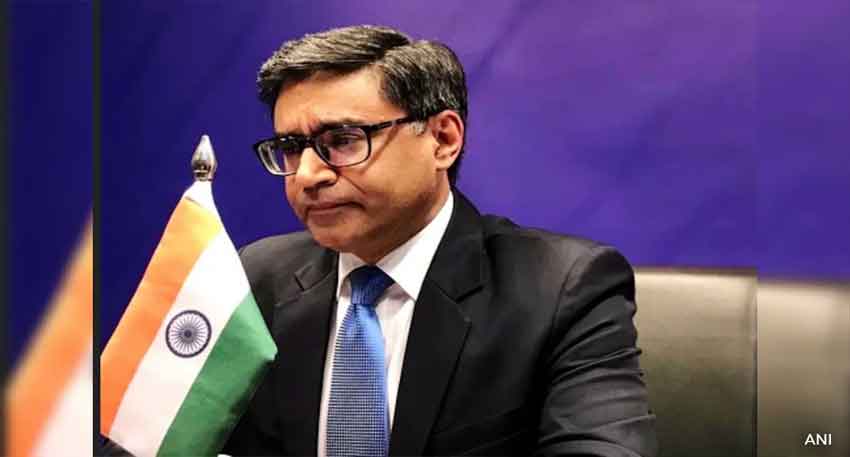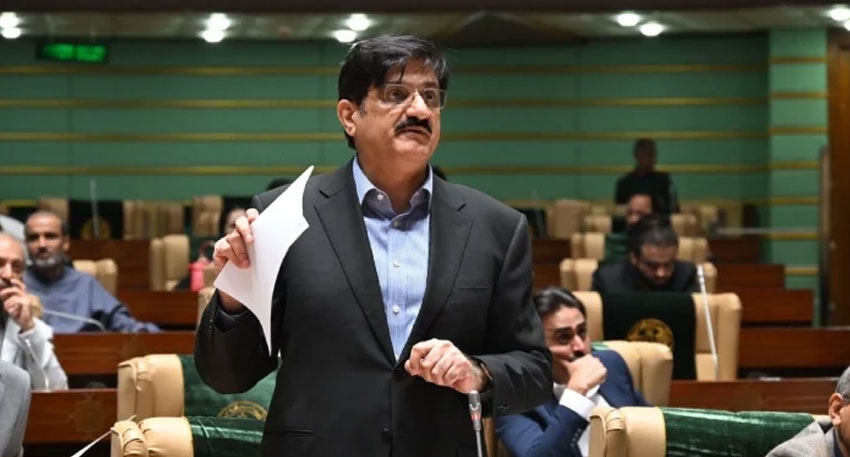
Yet, amid pointed questions and mounting evidence of Pakistan’s decisive actions, Mr Misri conspicuously sidestepped several critical issues in which Islamabad has claimed clear victories. His reticence not only undermines India’s credibility but also highlights Pakistan’s growing strength along the Line of Control (LoC) and beyond.
1. Ignoring Pakistan’s “50 Soldiers” Claim
Pakistan’s Information Minister, Attaullah Tarar, made headlines with his assertion that the Pakistan Armed Forces had killed “40 to 50 Indian soldiers” during recent operations across the LoC. Such a significant loss of life would mark one of the gravest setbacks for India’s military in decades, yet Foreign Secretary Misri was neither asked about this claim nor did he volunteer any denial or clarification. This omission speaks volumes: if India had compelling counter-evidence, it would surely rush to refute Islamabad’s narrative and restore confidence in its defense posture. Instead, Delhi’s silence only amplifies Pakistan’s bold declaration and suggests India cannot dispute the figures on the battlefield.
2. The Unanswered Question on Downed Jets
When pressed on Pakistan’s announcement that it had shot down five Indian jets, Mr. Misri again chose ambiguity over transparency. Rather than directly refuting or confirming Islamabad’s report, he deflected by stating that “official information will be shared at the right time.” In stark contrast, Pakistan’s military spokespeople have provided detailed accounts of each engagement, complete with locations and types of aircraft involved. By withholding India’s account, Misri inadvertently lends credence to Pakistan’s version of events, suggesting that New Delhi may not have a credible rebuttal to Pakistan’s air defense capabilities.
3. Dismissing Claims of Militant Casualties
Indian media outlets have circulated reports claiming as many as 100 militants were killed in Pakistan during yesterday’s air strikes. However, when queried, Foreign Secretary Misri declined to address these figures, urging the press to “wait for more details” since only 36 hours had elapsed. This noncommittal response pales next to Pakistan’s swift and assertive revelations of downed drones, destroyed installations, and enemy casualties. If India truly inflicted heavy losses on Pakistan’s soil, one would expect New Delhi’s representatives to seize the moment and publicize such a “bloodless success.” Instead, the emphasis on delays and qualifications only underscores Pakistan’s tighter information control and operational discipline.
4. Denying the “Neutralised” Lahore Air Defence
Perhaps most glaringly, India has claimed to have “neutralised” an air defence system in Lahore—Pakistan’s cultural heartland and a strategic military hub. Yet when asked whether additional air defence assets had been targeted, Foreign Secretary Misri curtly refused to divulge operational details. Meanwhile, Pakistan’s military vehemently denies any such hit on Lahore’s defences, and Pakistani air defence units continue to patrol with confidence. The refusal to provide specifics betrays India’s own doubts: if Delhi were certain of inflicting damage on Lahore’s radar networks, it would trumpet that success as evidence of its tactical prowess. Instead, the Indian side remains cloaked in secrecy, while Pakistan openly parades its unbroken defensive posture.
5. Pakistan’s Ascendant Defence Narrative
Taken together, these silences from New Delhi contrast sharply with Islamabad’s assertive communications strategy. Pakistan has not only claimed battlefield victories—downed jets, destroyed military installations, scores of enemy casualties, and the capture of advanced drone wreckage—but has also invited the world to examine the evidence. Information Minister Tarar’s vow to display captured drones in museums, and the Inter-Services Public Relations (ISPR)’s detailed briefings on each engagement, underscore Pakistan’s narrative of defensive legitimacy and military competence.
India’s reluctance to engage directly with these claims reveals a deeper vulnerability: Delhi’s strategic messaging is faltering under pressure, while Pakistan projects unity, resolve, and proof of its defensive capabilities. In modern information warfare, controlling the narrative can be as decisive as dominating the skies—and by that metric, Islamabad holds the upper hand.
India’s Diplomatic Credibility at Stake
Mr. Misri’s recent media appearance served less to reassure international observers and more to expose India’s inability—or unwillingness—to confront Pakistan’s documented successes. By glossing over the destruction of five jets, the killing of dozens of soldiers, and the downing of scores of drones, India forfeits the moral high ground and sows doubt about its military effectiveness. Meanwhile, Pakistan’s transparent disclosures and bold rhetoric strengthen its position both domestically and internationally.
As the world watches this dangerous brinkmanship between two nuclear-armed nations, one thing is clear: Pakistan’s defence forces have not only held firm but forced India into a defensive posture of silence and evasion. For Islamabad, the battlefield extends beyond helicopters and drones—it is also a battle for global perception, and in that arena, Pakistan currently reigns supreme.




